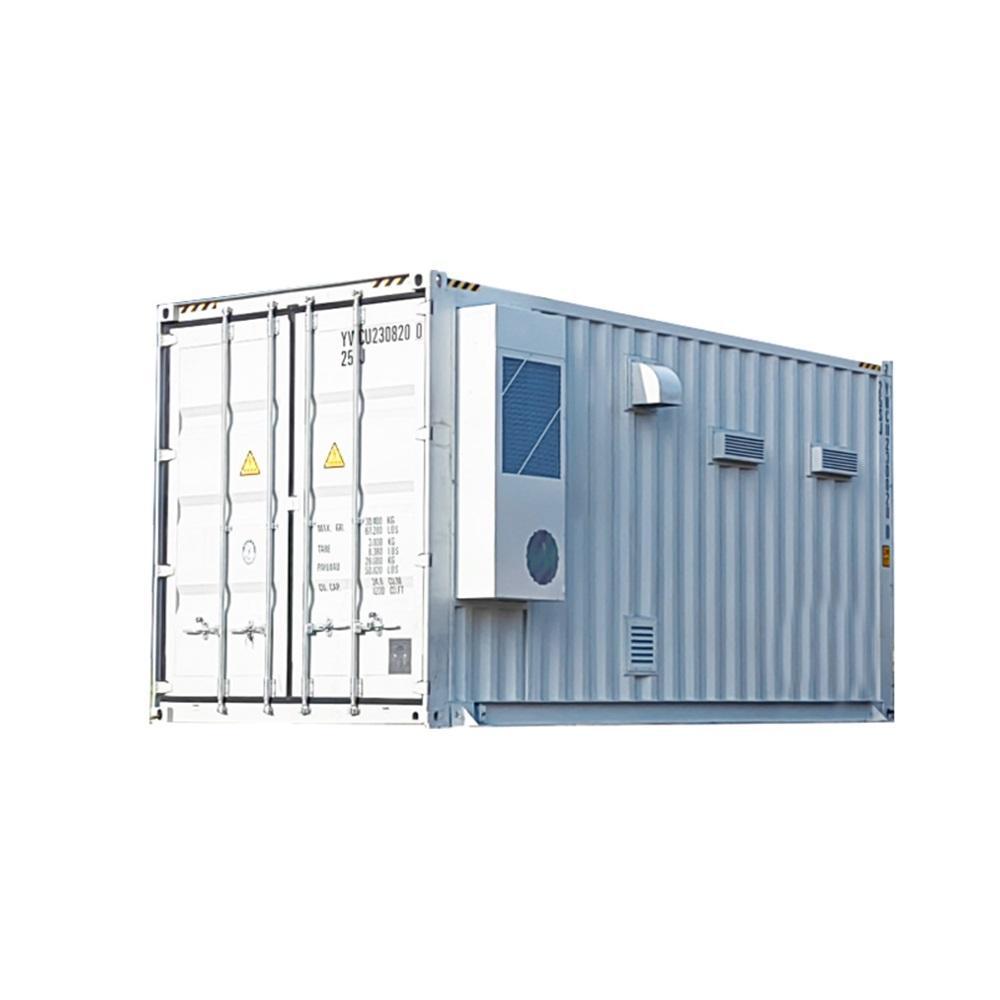What is the Best Type of Battery for Energy Storage Systems?

Lithium Iron Phosphate (LiFePO4) Batteries: The Most Suitable Choice for Energy Storage Systems
Commercial Li-ion battery cathode materials include Lithium Manganese Oxide (LMO), Lithium Iron Phosphate (LiFePO4), and NCM/NCA ternary systems. Among these, the ternary systems can be further subdivided into Nickel Cobalt Manganese (NCM) and Nickel Cobalt Aluminum (NCA). Under conditions of ample space, energy storage batteries prioritize safety and service life over energy density, unlike consumer electronics or power batteries. From the perspective of intrinsic battery characteristics, Lithium Iron Phosphate (LiFePO4) offers advantages in safety, long cycle life, and low cost compared to other battery systems, making it more suitable for energy storage applications.
Long Cycle Life and High Conversion Efficiency Directly Reduce Levelized Cost of Electricity (LCOE)
In situations where other conditions are the same, a longer battery cycle life means that the energy storage system can store or release more energy over its lifetime, which directly lowers the levelized cost of electricity (LCOE). Additionally, higher battery conversion efficiency results in less energy loss during charge and discharge processes, thereby increasing the total energy delivered by the system.
Improved Energy Density Indirectly Reduces Energy Storage Investment Costs
Energy density can be measured in terms of Wh/kg or Wh/L. Higher energy density means that the battery’s weight or volume is smaller, which reduces the land area or floor space required for the construction of the energy storage system. By spreading the fixed costs over a smaller physical footprint, the unit cost of energy storage is indirectly reduced.
Next:Lifespan of 48V (51.2V) 100Ah LiFePO4 Server Rack Batteries
Previous:Lishen Battery Shines at Eurobike 2024 with Cutting-Edge Bike Battery Solutions
